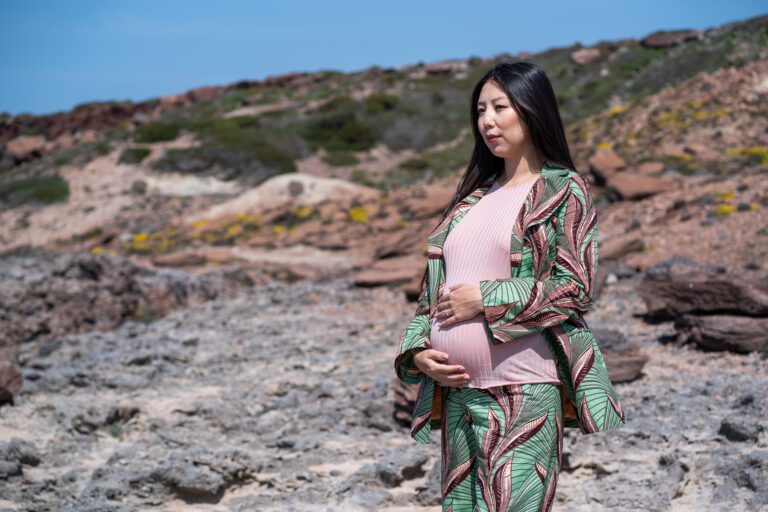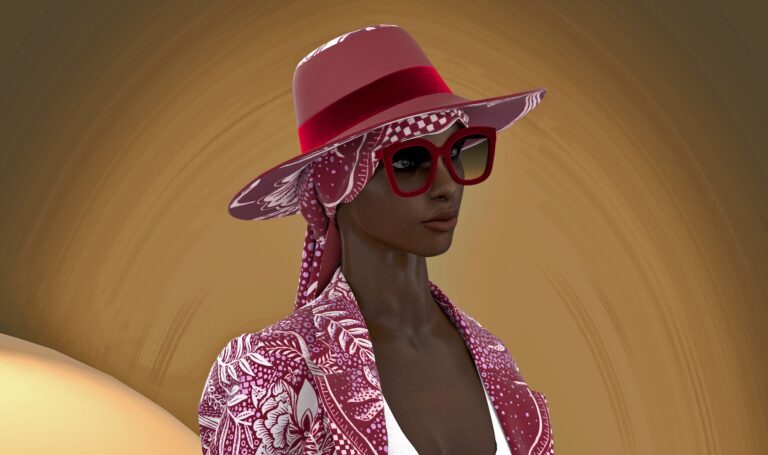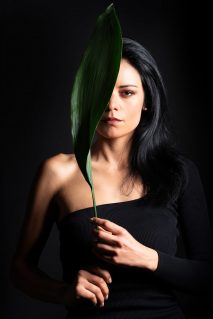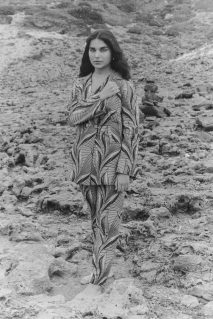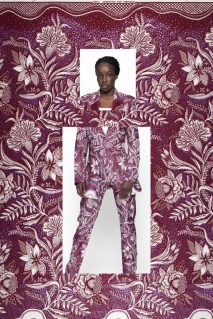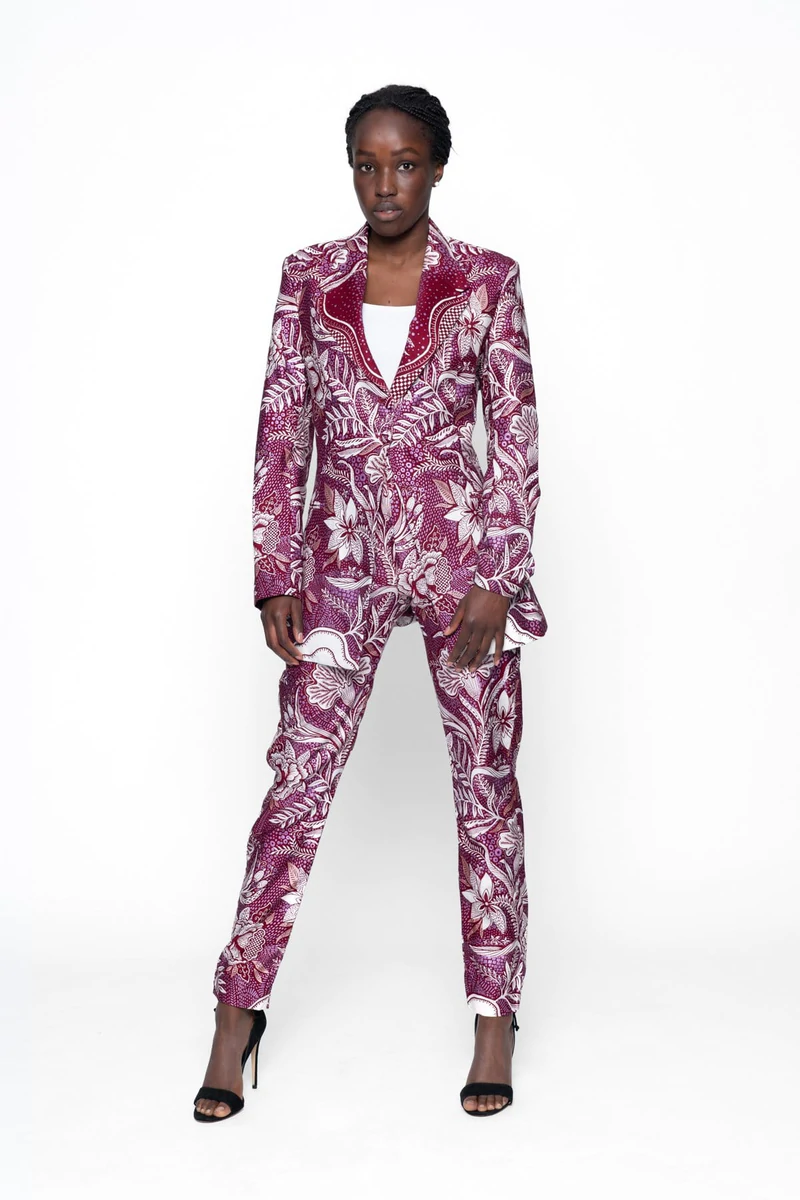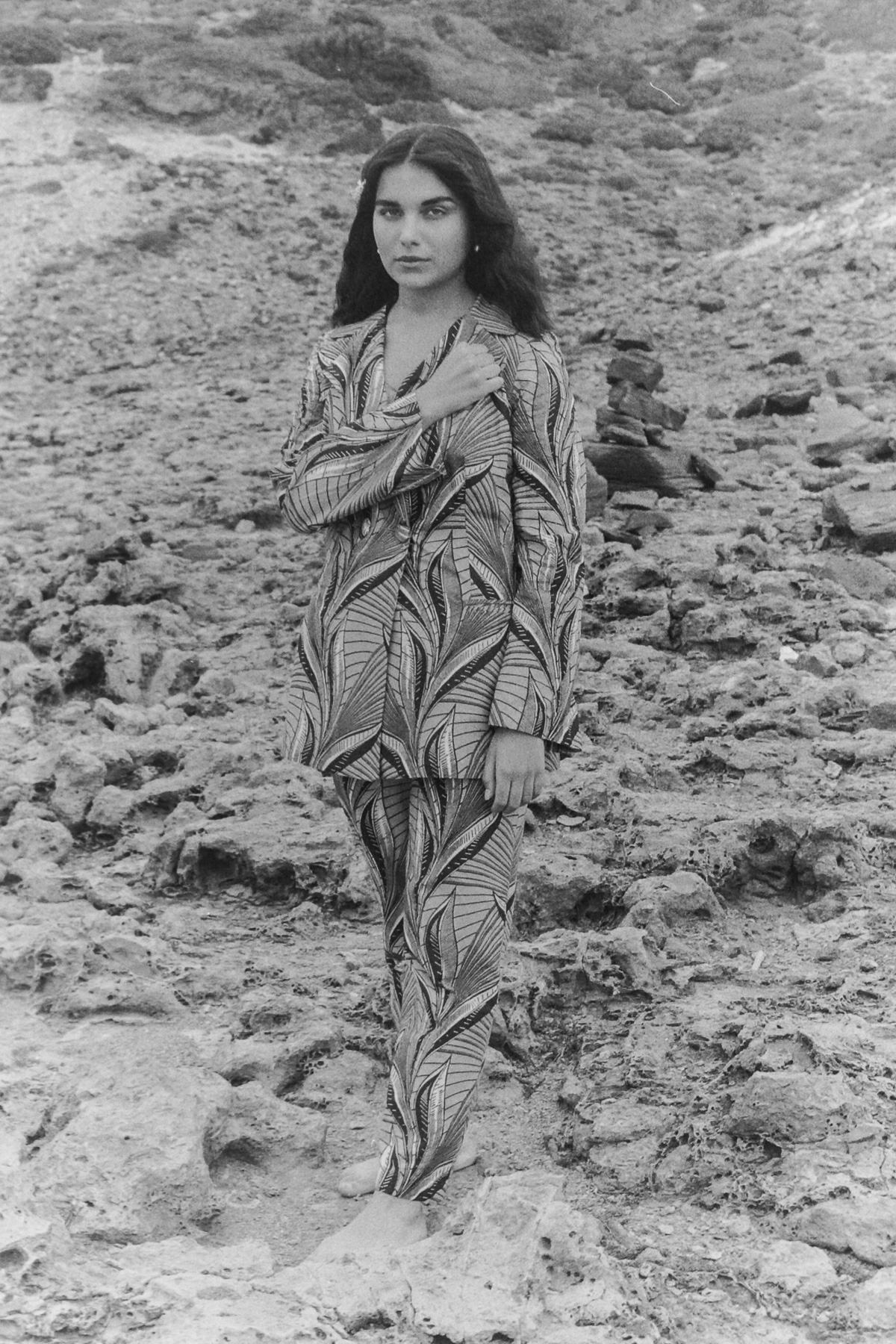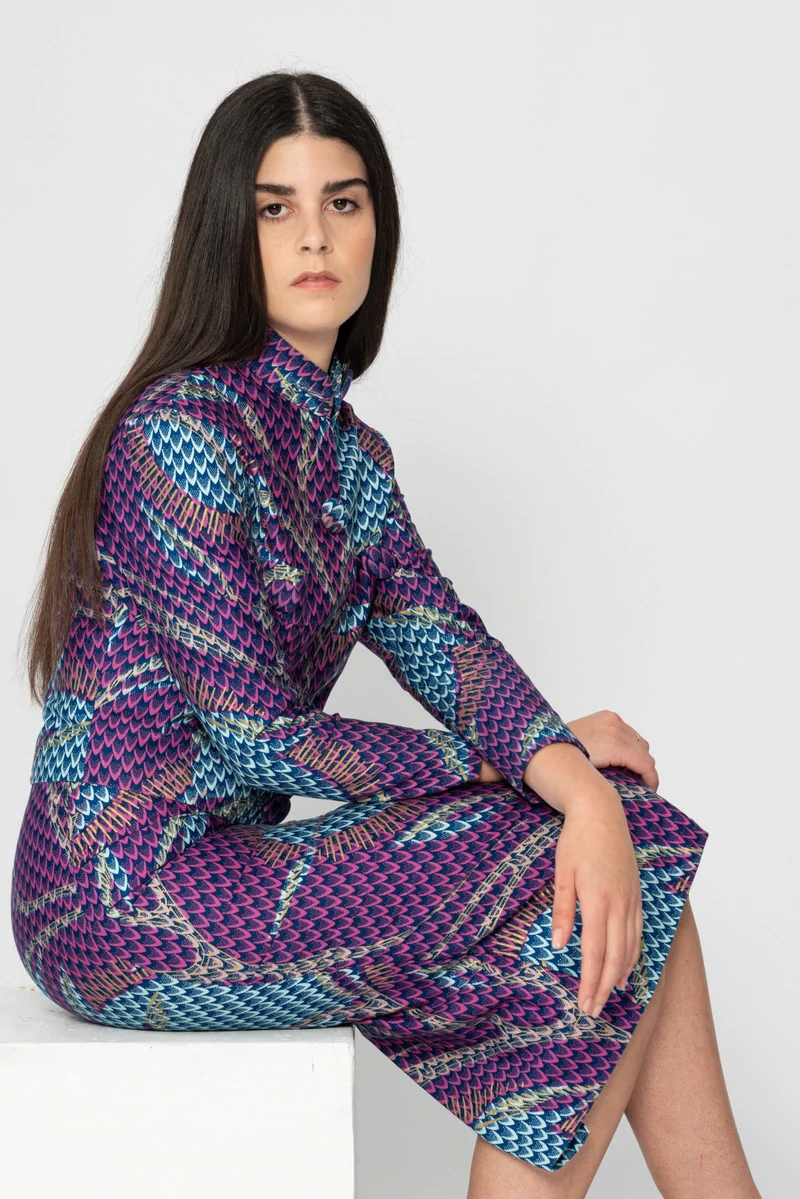Ghana
Our Story
Makola Market was constructed in Accra in 1924 and stood at the heart of the urban Ghanaian life. It was the main wholesale and retail marketplace in Accra, the epicenter of trade in the country and one of the nation's most important social and cultural institutions.
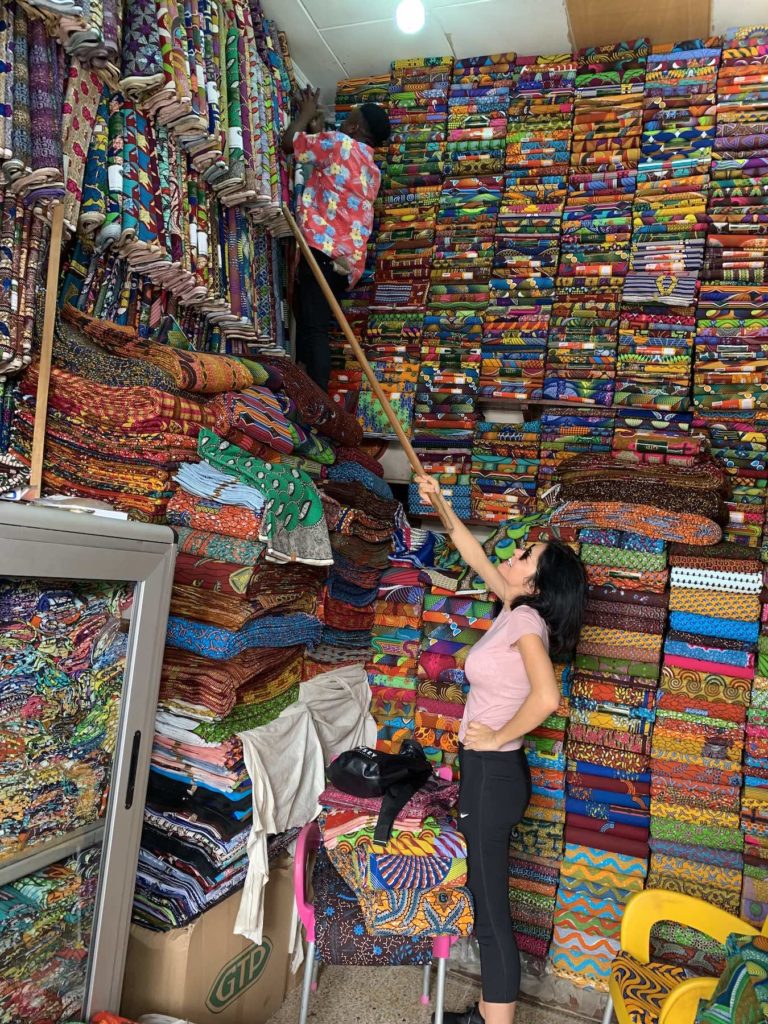
The Story Behind the Name
Maakola honors the saleswomen at Makola market in Ghana whose stories champion freedom of expression, also inspired us to adapt their story to modern life by encouraging deep awareness of what we consume.
It was 2015 when Aurora first landed in Accra, the capital of Ghana. She happened upon Makola, a renowned market in the centre of the city. Makola was built in 1924 and is dominated by women traders who sell fresh produce, manufactured products, and imported goods. While browsing the market, Aurora met and befriended a saleswomen trading wax print fabrics. Their sunny dispositions towards life were as colourful and commanding as the fabrics they produced. It was in this moment that the energy, elegant style, and colorful vibrancy of both the fabrics and women captured Aurora’s heart.
Aurora immersed herself in the origins and trade of Dutch Wax Prints, learning that when the women of the Makola market told the story of the patterns, they weren’t just trying to sell a length or two of cloth. They were picking up the threads of the women who helped to shape a nation over 150 years ago.
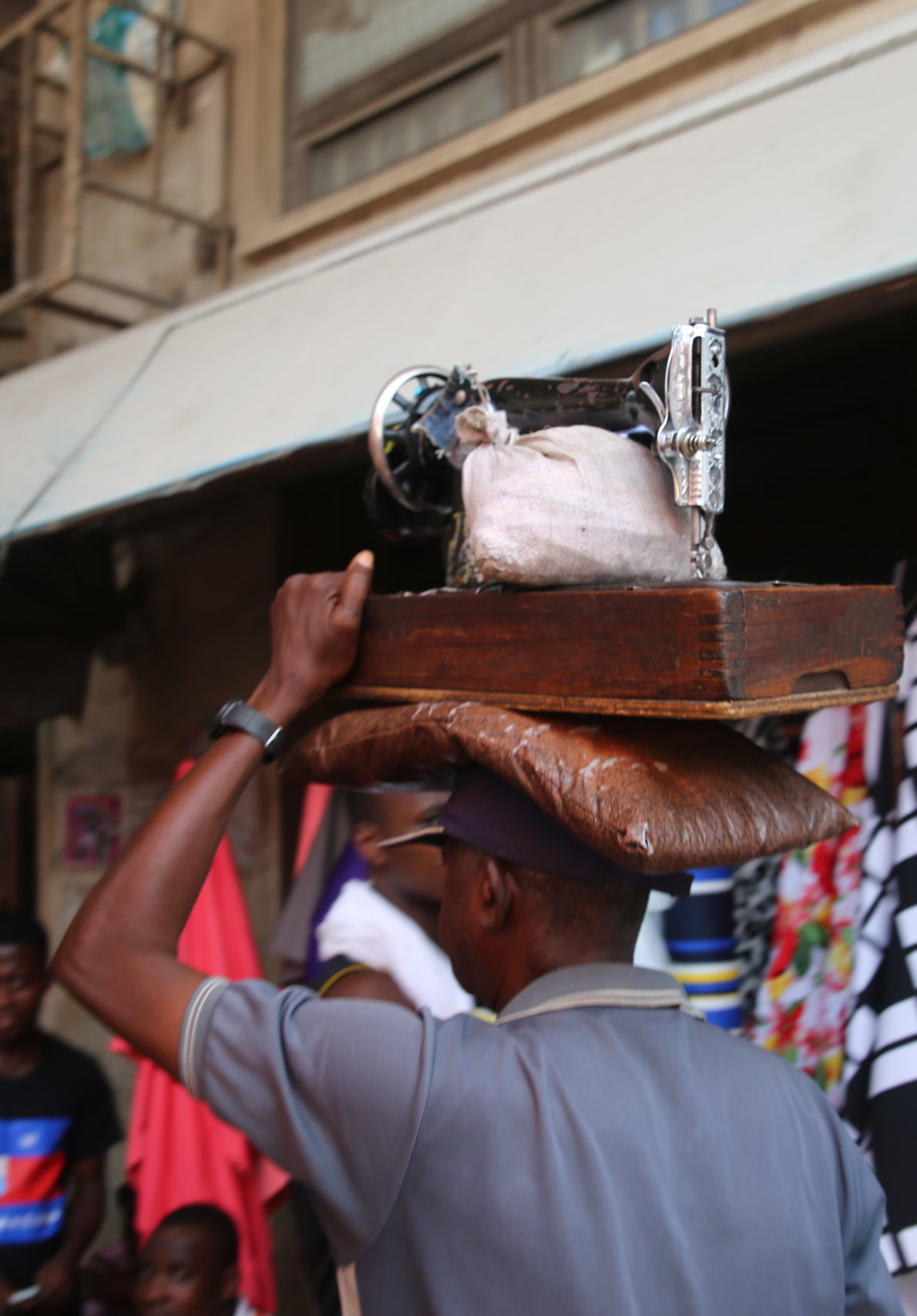

Threads of Freedom
When Wax Print first arrived in the mid-19th century, it was yet another example of exploitation – textiles have always been a leading trading commodity of Europeans in West Africa, and Dutch manufacturers simply saw another profitable market. Europeans were meticulously planning a move to introduce their mass-produced textiles — inspired by Indonesian batik — to the West African market at the end of the 19th century. They were called Manchester Cloths, named after the major factories in England where they were originally printed. These fabrics had the potential to become a competitive and lucrative product.
When the saleswomen tell their stories today, they are taking up the thread of the early cloth traders in the region. When European fabric manufacturers arrived, they didn’t find the easy market they had anticipated. The West African women traders rejected any prints developed by the Europeans and asked for prints that told their stories, prints that let them weave a West African heritage into the cloth.
Storytelling was central to the process of buying fabric. West African saleswomen infused their fabrics with stories and traditions, and in doing so, they made visible the intangible: In their hands, traditions and beliefs became powerful symbols of status and identity.
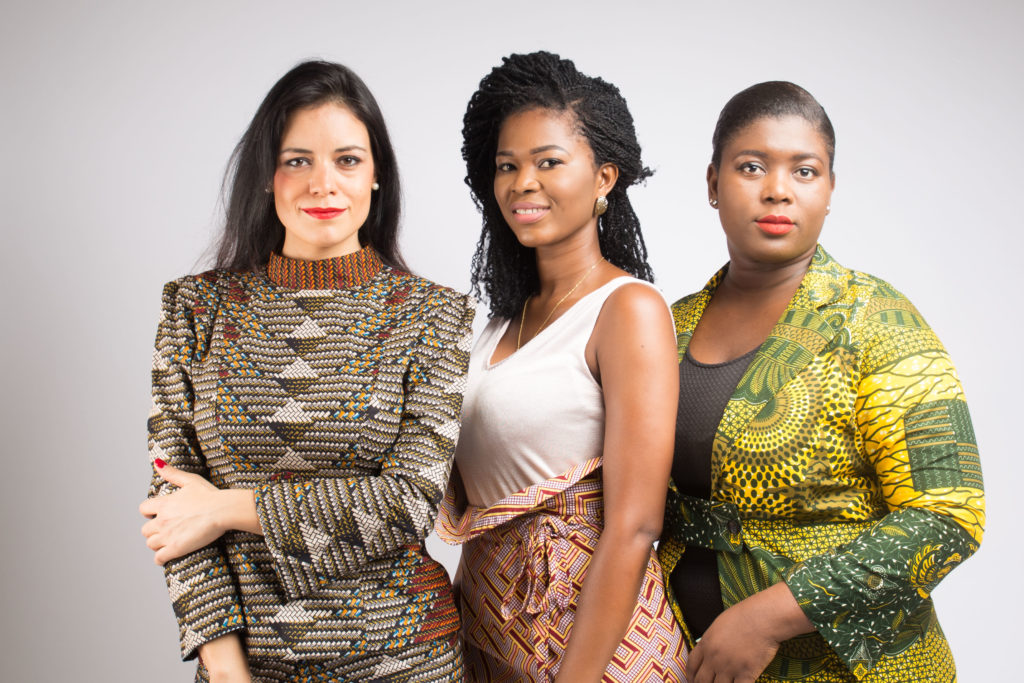

How it sarted
Fueled by a strong entrepreneurial spirit and a classic Italian fashion sense, Aurora was inspired by the saleswomen of Ghana’s Makola market, whose stories champion freedom of expression, Maakola adapts their inspiring tales to modern life by encouraging a deeper awareness of all that we as a species consume.
She designed the brand’s first prototypes in 2015 with the help of two fellow women, Priscilla Adjubel and Cindy Kofie.

